Dissatisfaction with stressful lives and frustration with government scandals have left young South Koreans uninterested in voting.
The April 10 election to elect 300 lawmakers will be the first in South Korea's history to see more voters aged 60 and over than those in their 20s and 30s.
The ratio reflects demographic trends in South Korea, which has the world's lowest birth rate and a rapidly aging society, with marriages falling and single-person households becoming more common.
South Korean politics is dominated by older men. Male lawmakers over 50 hold more than 70 percent of seats in the National Assembly. Only 5.6 percent of candidates in the April 10 election were under 40.
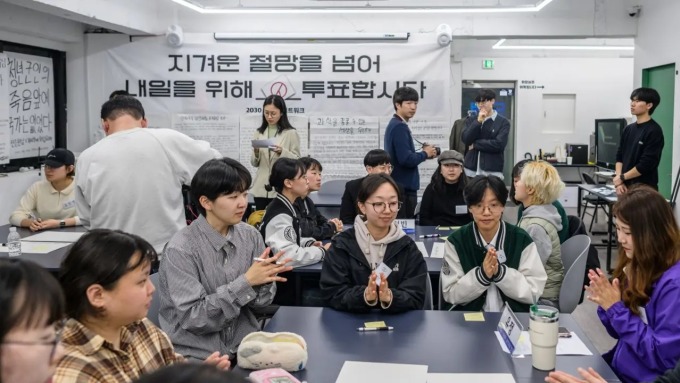
An event discussing the importance of young voters in Seoul on April 3. Photo: AFP
Statistics show that in the 2020 general election, only 57.9% of voters in their 20s and 30s went to the polls, while the rate for voters in their 60s and 70s was 79.3%.
The elderly “cannot understand the plight of today’s youth,” said Gi Wook Shin, a sociology professor at Stanford University. This is a major cause of “generational conflict.”
As South Korea ages, the influence of older people on politics is becoming more important. This trend “will continue to alienate young people from politics and elections,” said Linda Hasunuma, a political scientist at Temple University.
“Many people feel that there will be no major social change under the current political system,” she explains. “Because older voters dominate, policies will be more skewed towards them than younger voters.”
Lee Min-ji, 23, a student at Hankuk University of Foreign Studies in Seoul, said the recent spate of scandals is evidence of the government's indifference to youth issues, most notably the 2022 Halloween stampede in Itaewon that killed more than 150 people, mostly teenagers.
"They talk too much about young people not getting married and having children. I don't know when they will stop considering the declining birth rate as a problem, while they can't even protect the children and young people who are still alive," she said.
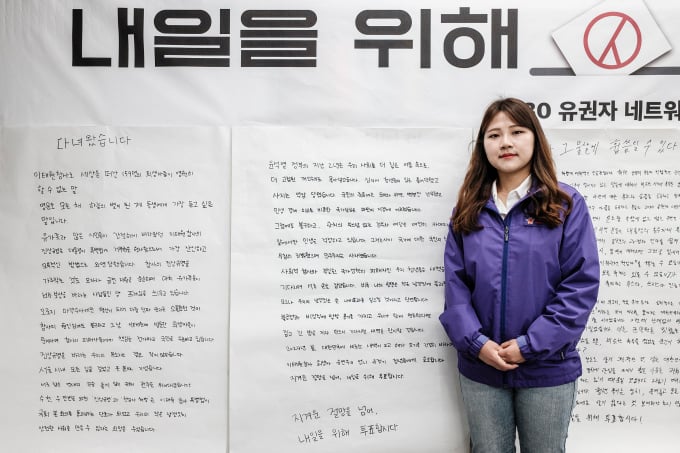
Activist Yu Jung at an event calling on young people to vote in Seoul on April 3. Photo: AFP
Yu Jung, 26, who lost her younger sister in the Itaewon stampede, feels that young people today are too stressed and overworked to care about politics. Her younger sister Yeon-ju has to study and work multiple part-time jobs to make ends meet, sleeping only six hours a day.
"When they call us up to serve, they say we are sons of the nation. When they are called to account, they turn to us and ask: 'Who are you?'" reads one poster.
“The reason we have to vote is that we can’t continue living like this,” he said. “It makes no sense to live a life that could be gone at any moment.”
Hong Hanh (According to AFP )
Source link








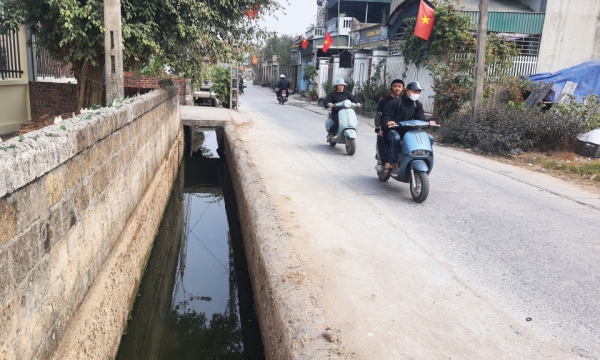

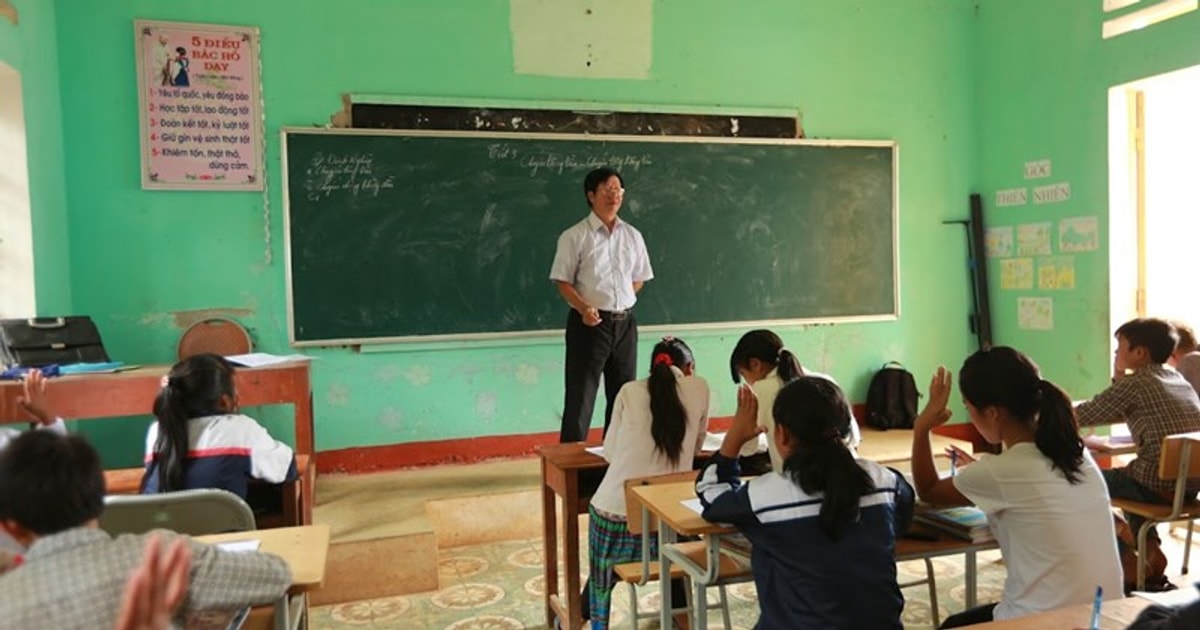
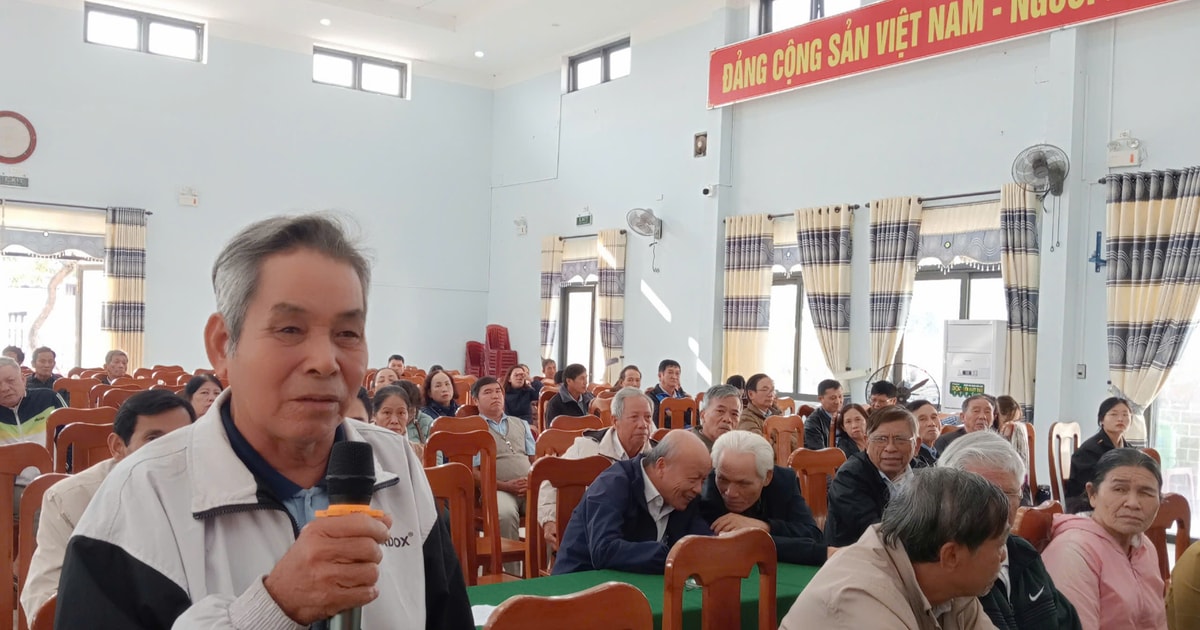
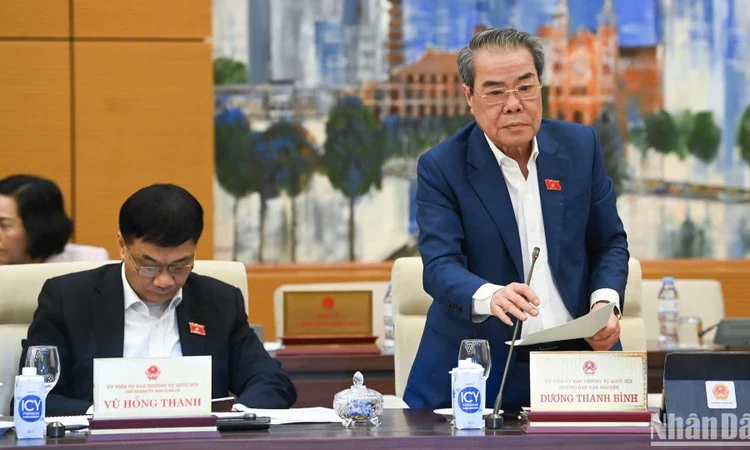
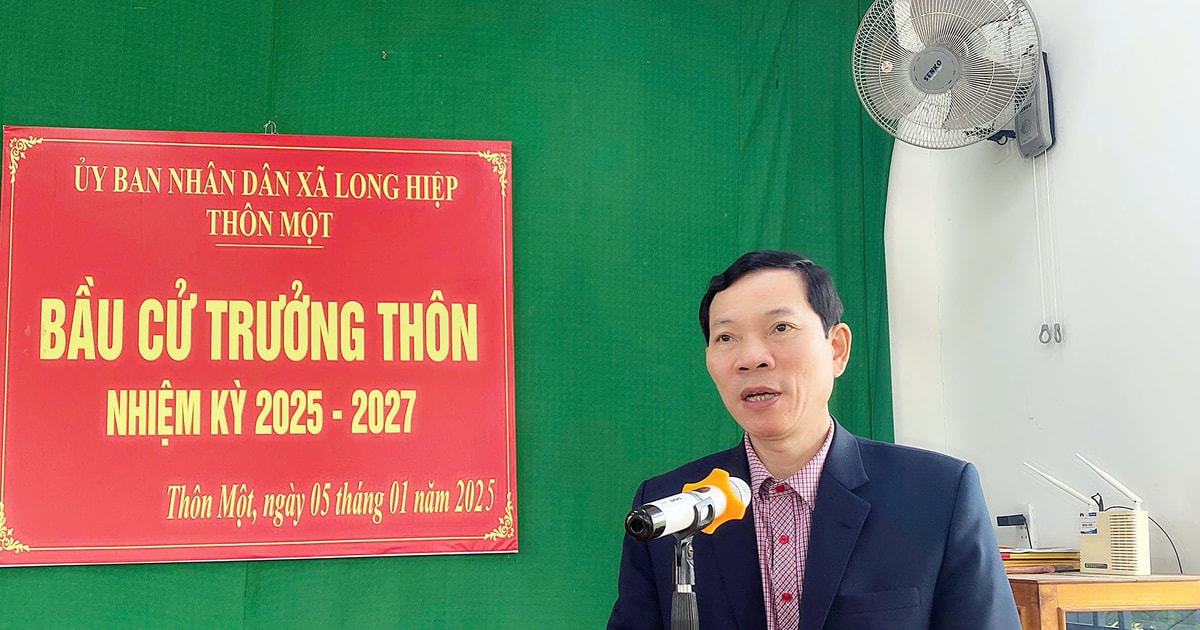

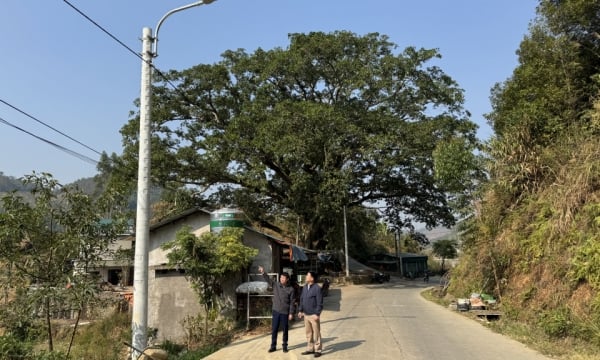
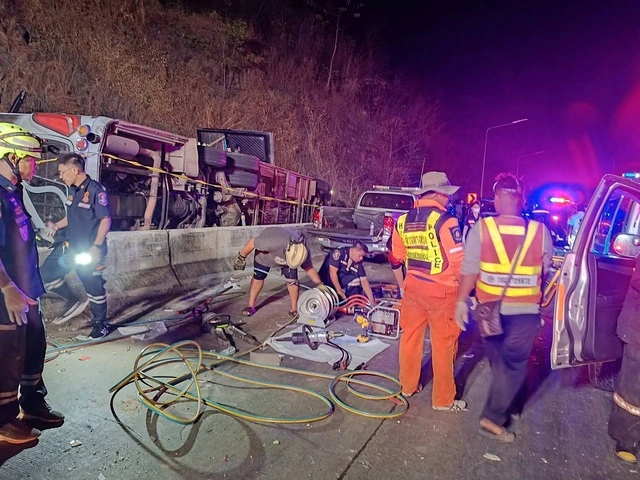

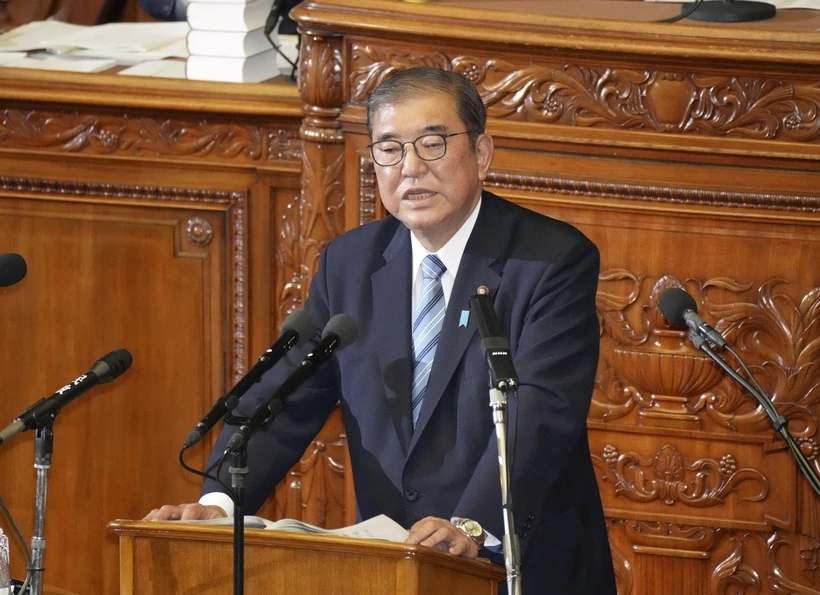

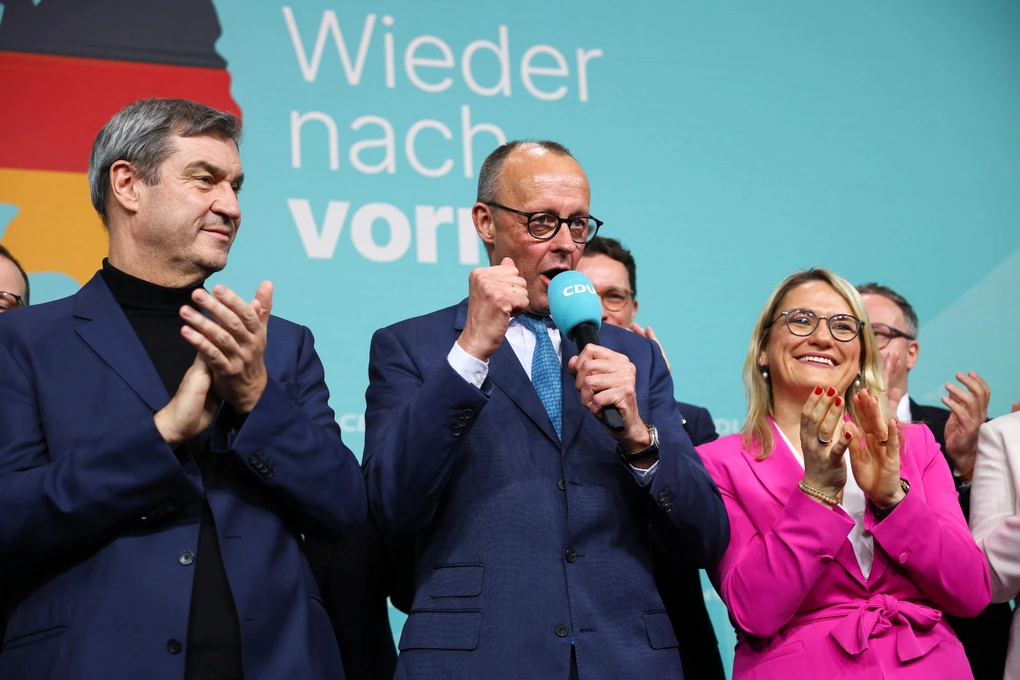

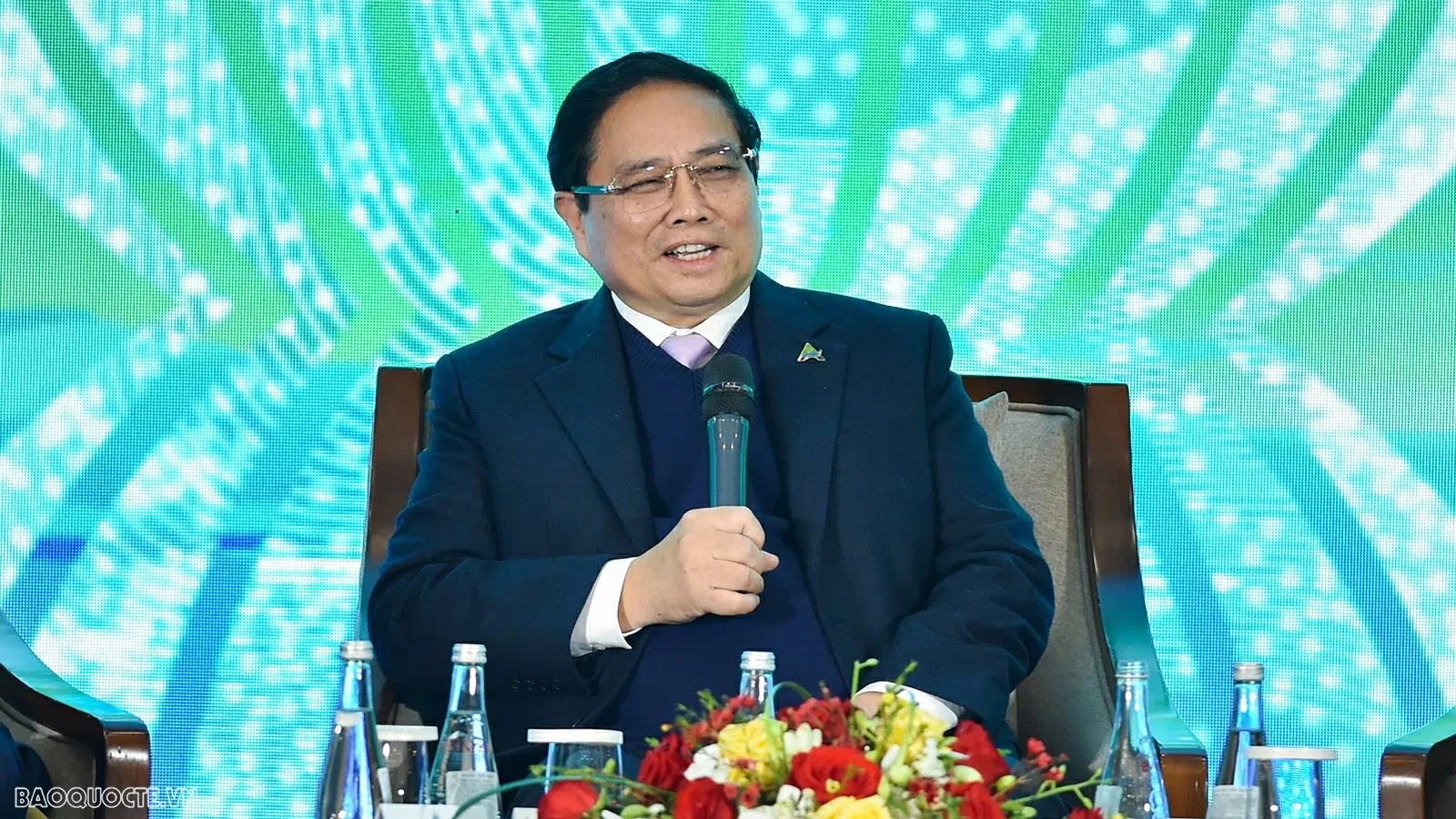



















![[Photo] Prime Minister Pham Minh Chinh chairs Government Conference with localities on economic growth](https://vstatic.vietnam.vn/vietnam/resource/IMAGE/2025/2/21/f34583484f2643a2a2b72168a0d64baa)


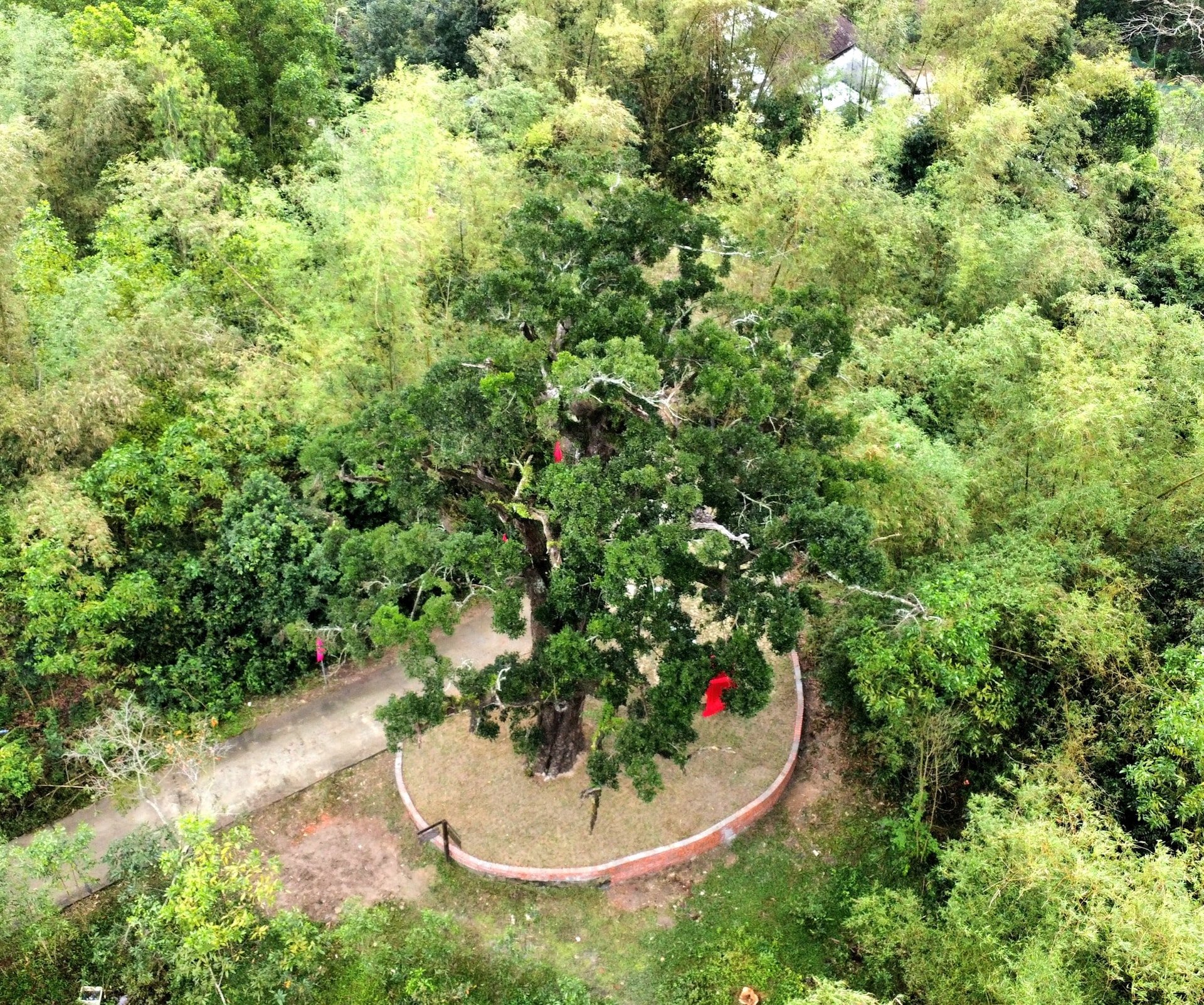

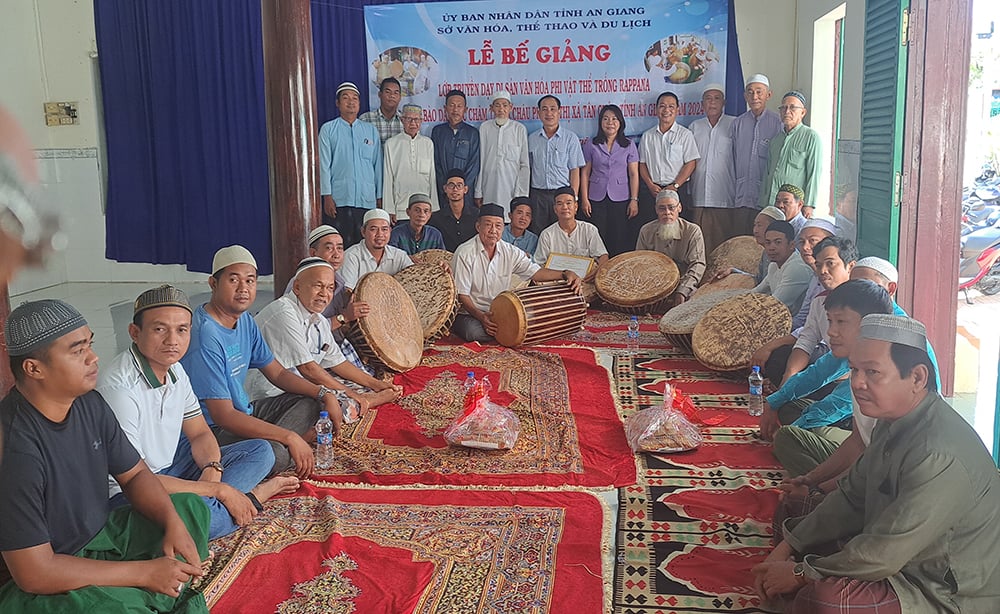

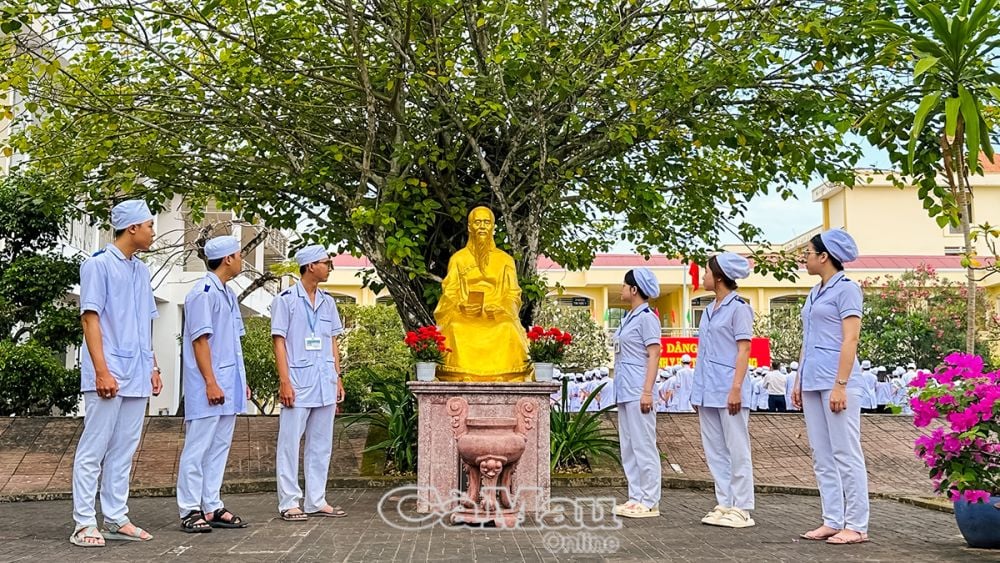




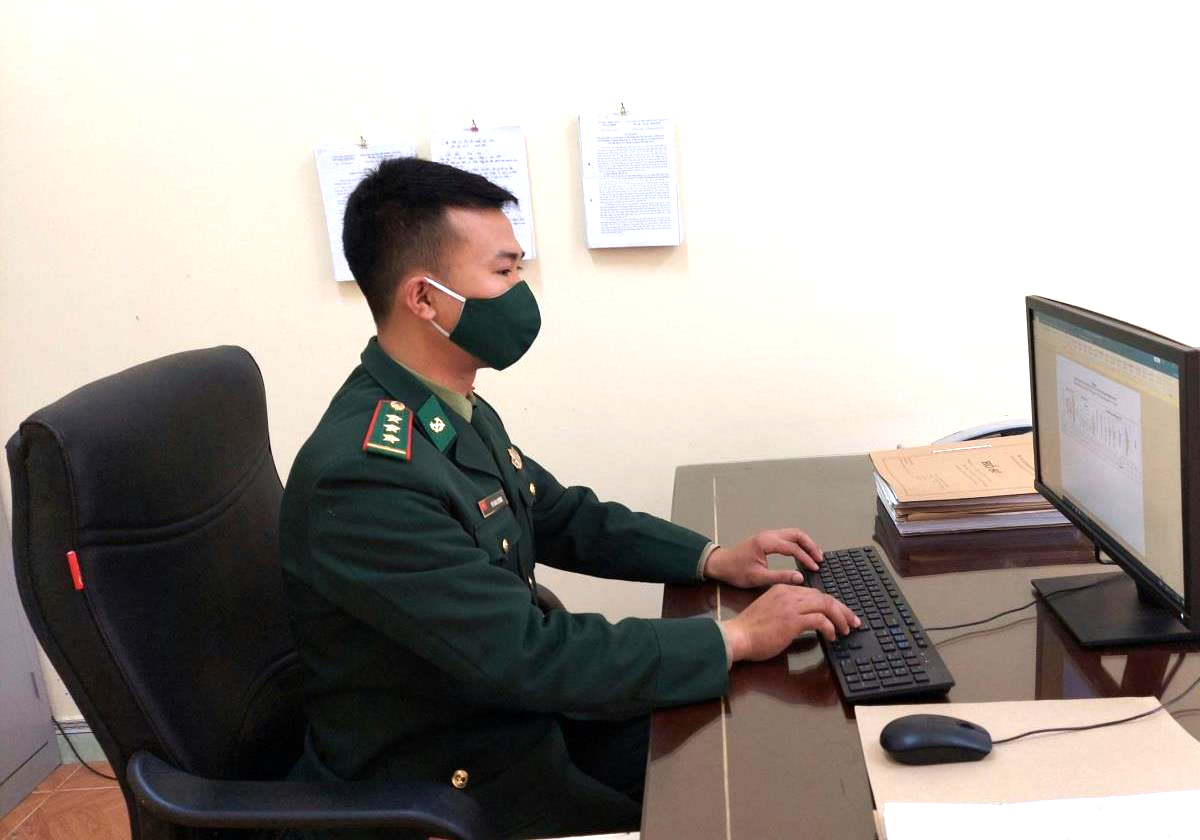
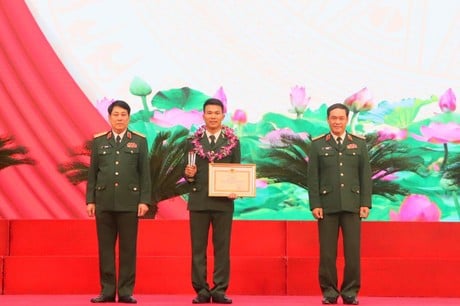
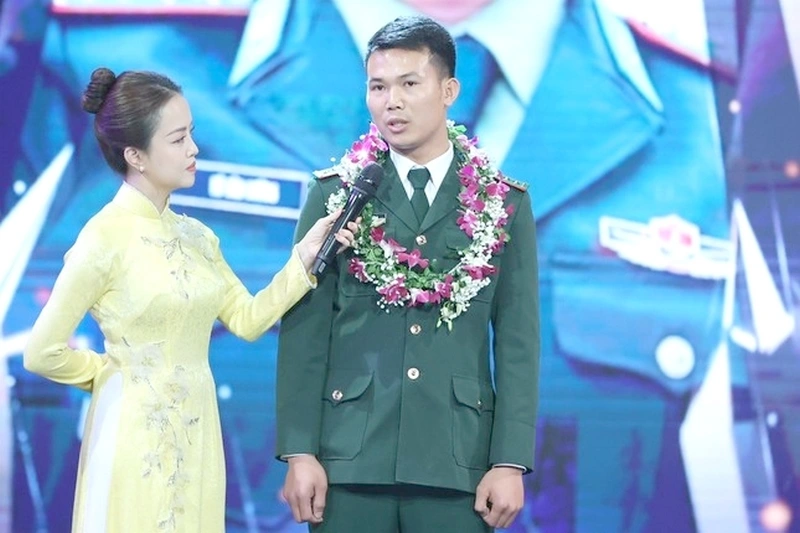
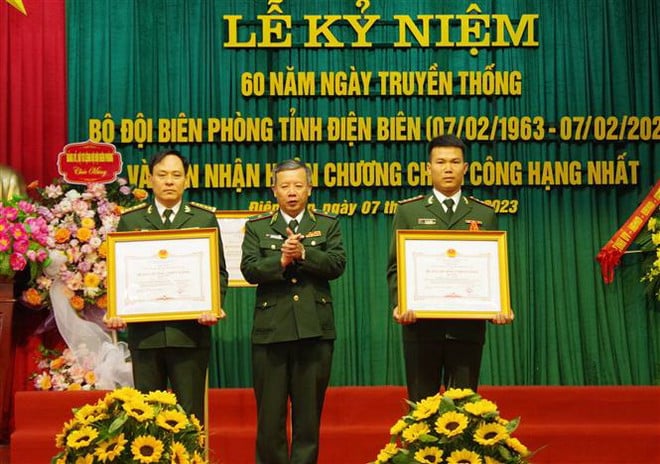
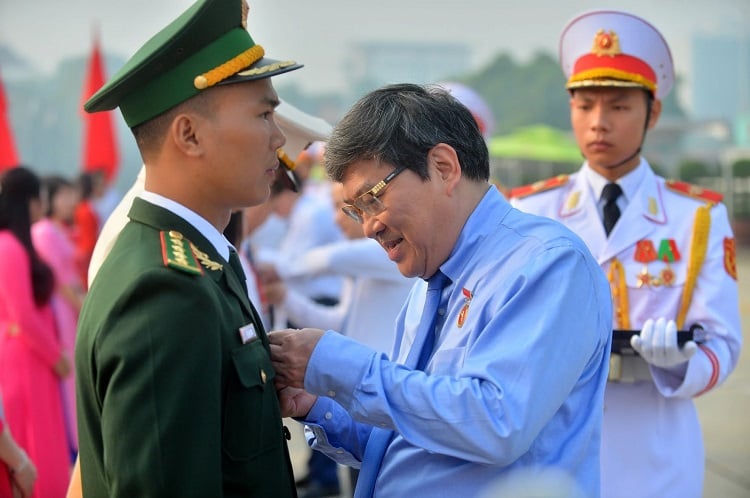
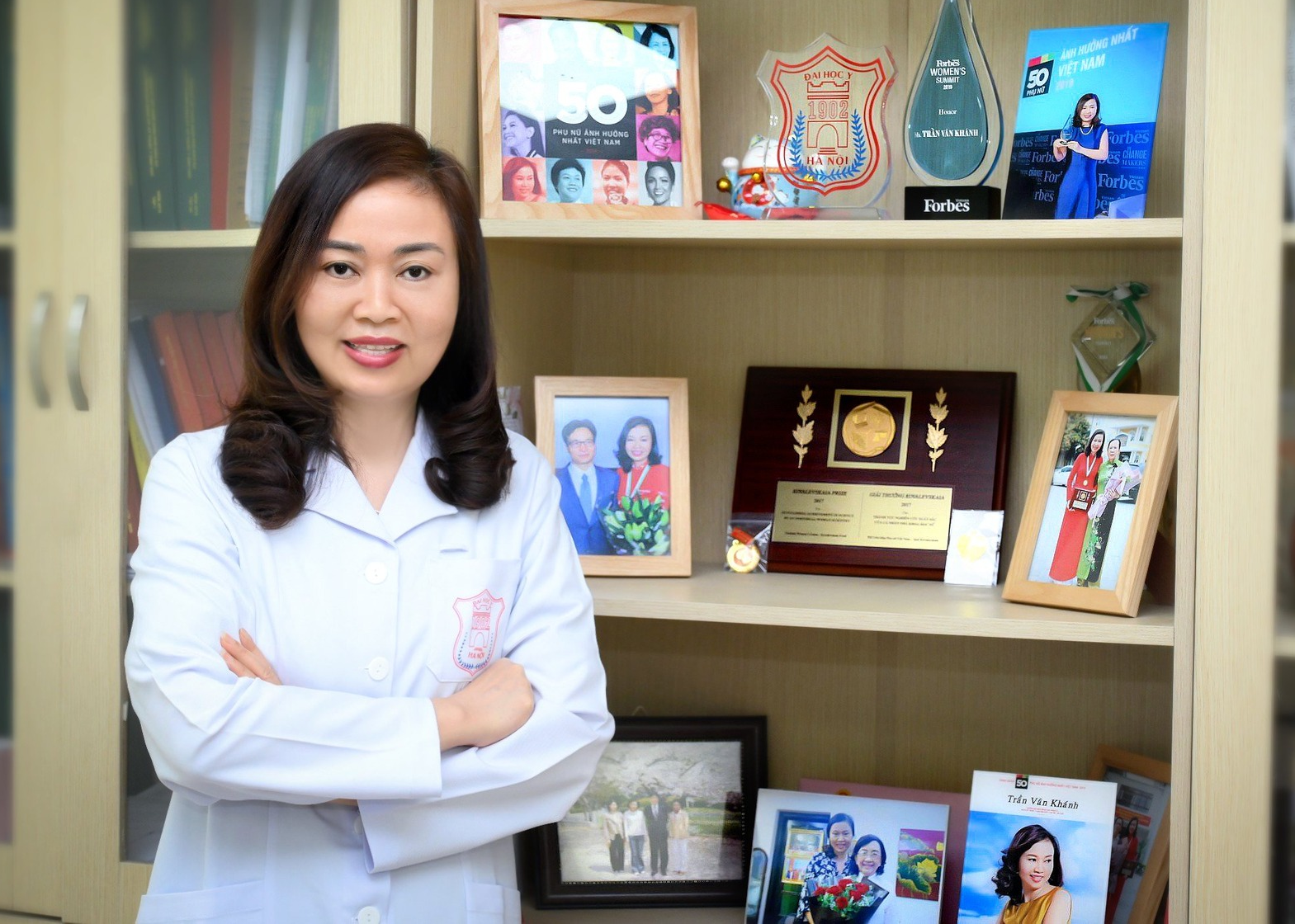







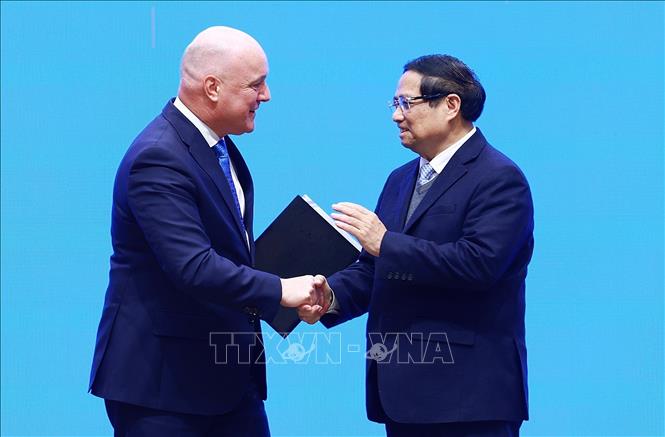

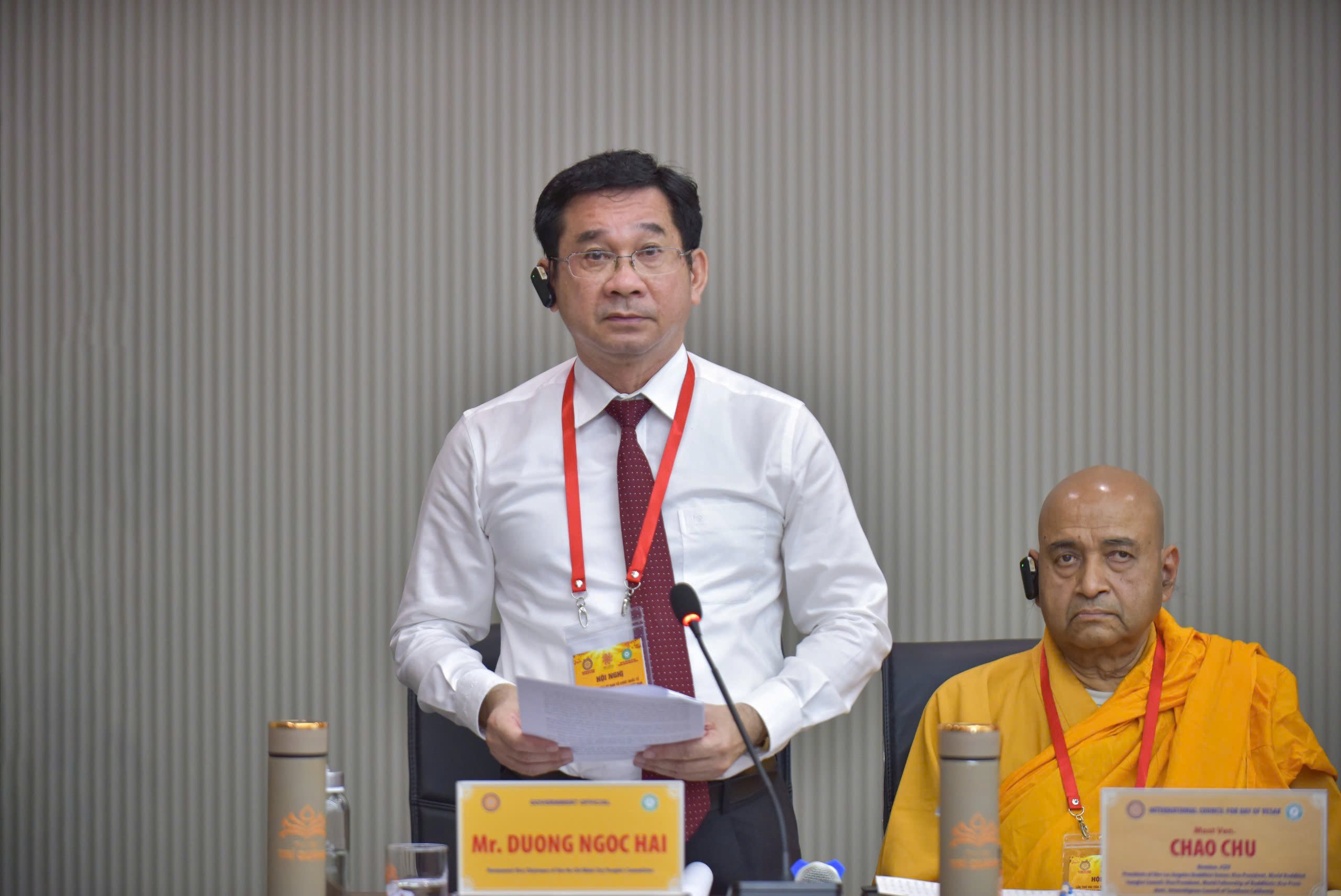
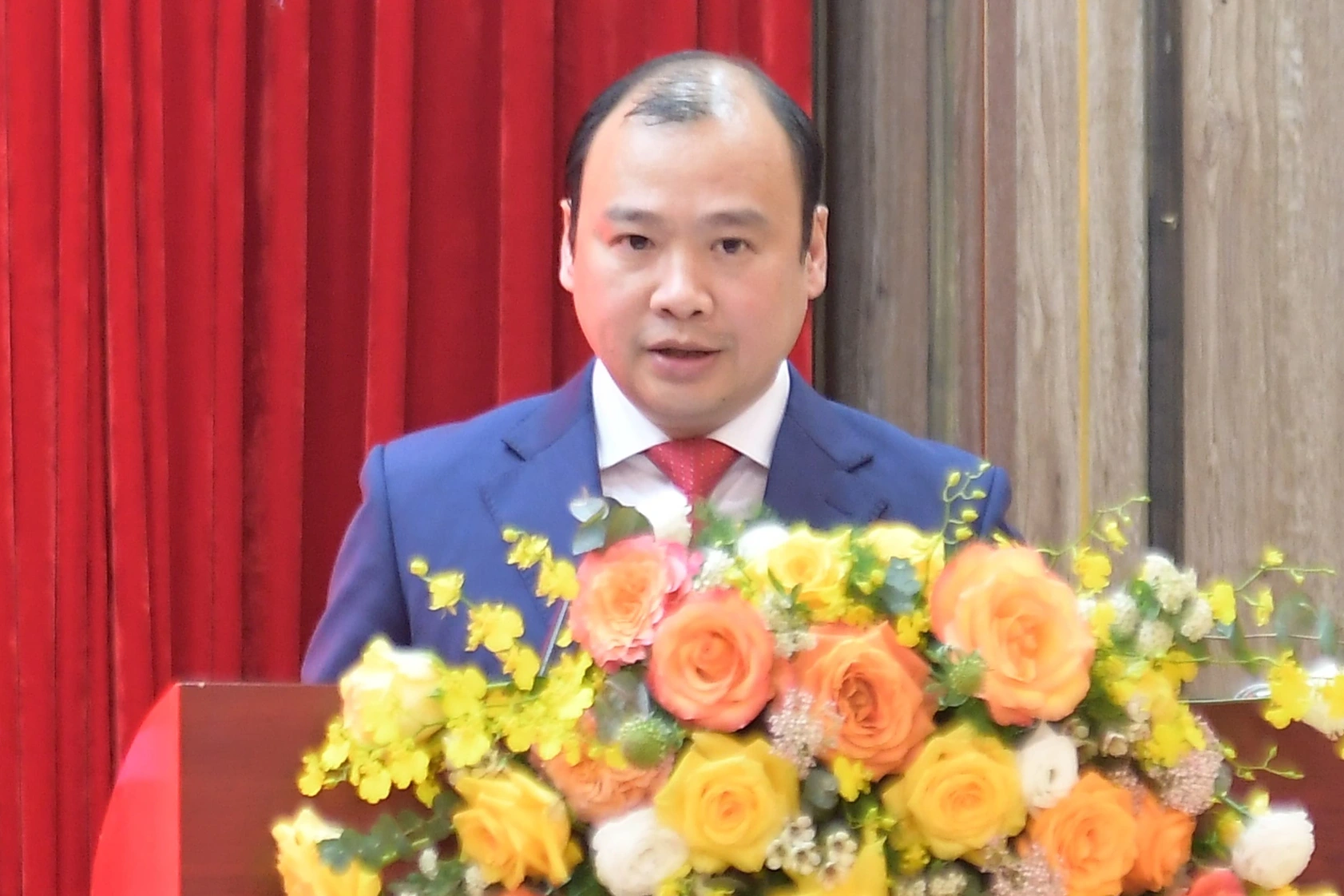
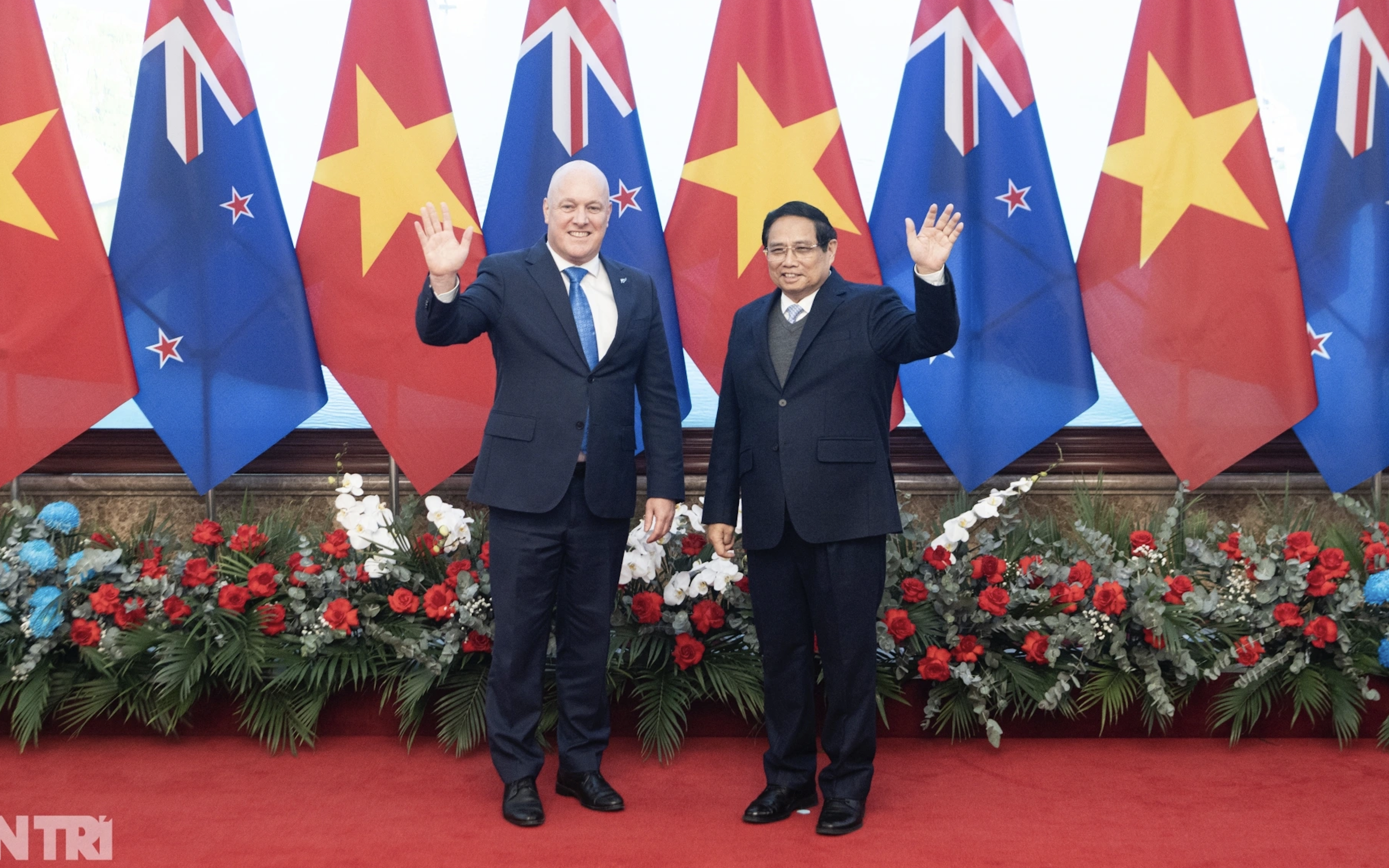
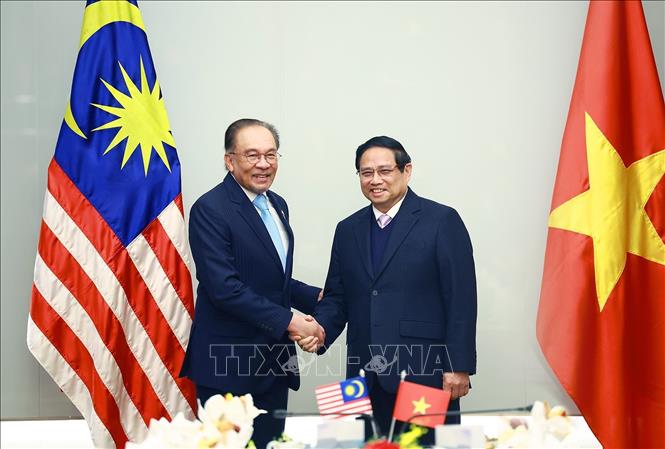


















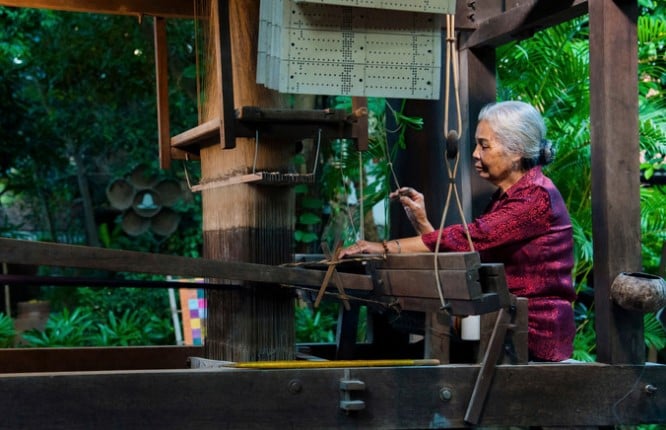

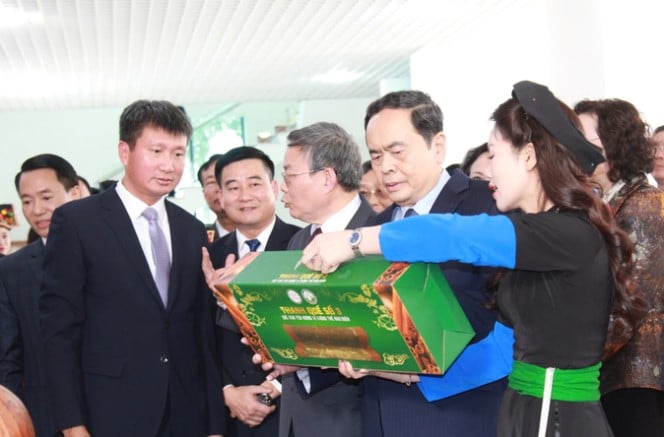
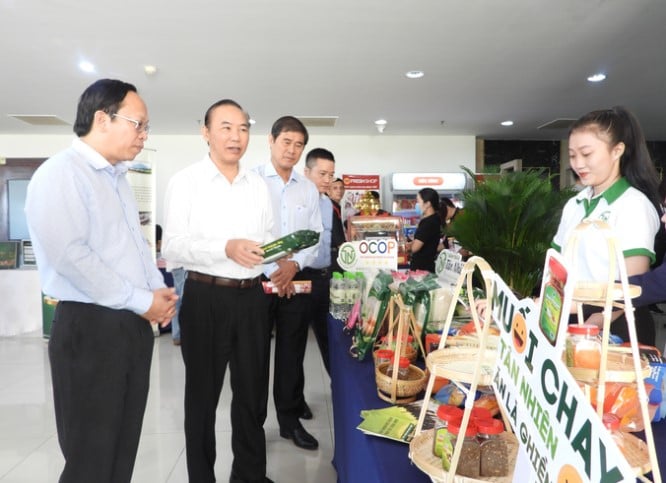
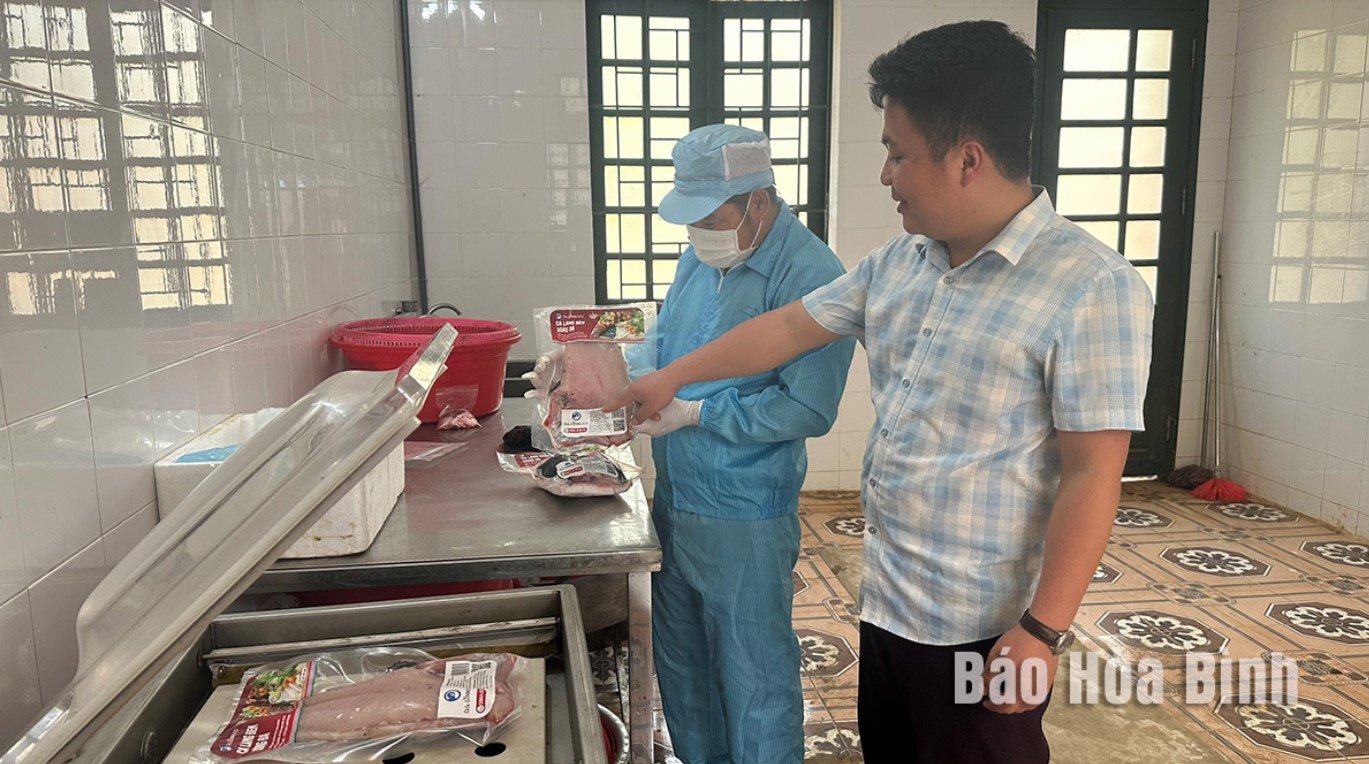



Comment (0)